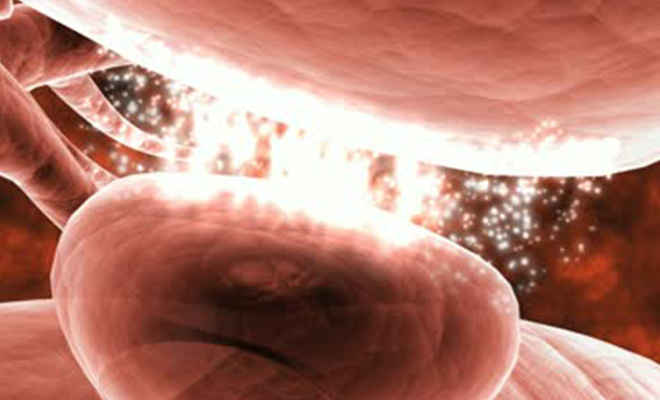
Health x Wellness
The Brain: Your Body’s Very Own Drug Factory
Do you know that you body produces chemicals? Here are the five key chemicals in question.
Dopamine
Dopamine is a chemical in your brain that affects your emotions, movements and your sensations of pleasure and pain. Dopamine neurotransmitters are located in the deep middle region of your brain called the substantia nigra. Dopamine naturally produced by your brain makes you feel good, and one will feel a rush of dopamine in response to pleasurable activities, on the other hand, without enough dopamine, one may feel sluggish and depressed. Dopamine has also been linked to Attention Deficit Hyperactivity Disorder (ADHD), where by those who have it exhibit hyperactivity and impulsiveness.
Endorphin
When you exercise, your body releases chemicals called endorphins, a chemical that interacts with brain receptors to act like an analgesic to reduce pain perception. Endorphins also trigger a positive feeling in the body, take for example, the feeling that follows an intensive session of a run or workout is known as the ‘runner’s high’. Endorphins are manufactured in your brain, spinal cord, and many other parts of your body and are released in response to brain chemicals called neurotransmitters.Endorphins can also act like a sedative.
Melatonin
Melatonin is secreted by the pineal gland in the brain and its functions include the regulation of other hormones and the maintenance of the body’s internal clock that plays an important role in when we sleep and when we wake up. When it is dark, more melatonin is produced and conversely when there is light, the production of it drops. It is also believed by many in the scientific circles that Melatonin is related to aging, with levels dropping as we age, which might explain why some older people tend to go to bed and wake up earlier.
Oxytocin
Oxytocin is a brain chemical best known for its role in love. In humans, oxytocin is thought to be released during hugging and touching. In the brain, oxytocin is involved in social recognition and bonding, and may be involved in the formation of trust between people and generosity. This chemical is also responsible for helping infants bond to their mothers and can make romantic partners look more attractive, even if both are equally good looking. Research has also proven that oxytocin can create unconscious biases in favour of a partner, which might be the biological mechanism behind monogamy.
Serotonin
About 80% of our body’s total serotonin is in the gut, in the enterochromaffin cells – where it regulates intestinal movements. The rest is synthesized in the serotonergic neurons in the central nervous system. Serotonin cannot cross the blood-brain barrier. Therefore serotonin that is used inside the brain must be produced within it.Serotonin is found to reduce appetite, sexual behaviour and pain suppression. According to researchers, the absence of serotonin is found to be associated with negative behaviours such as irritability, impulsivity, aggression, disordered eating, and sleeping problems.









